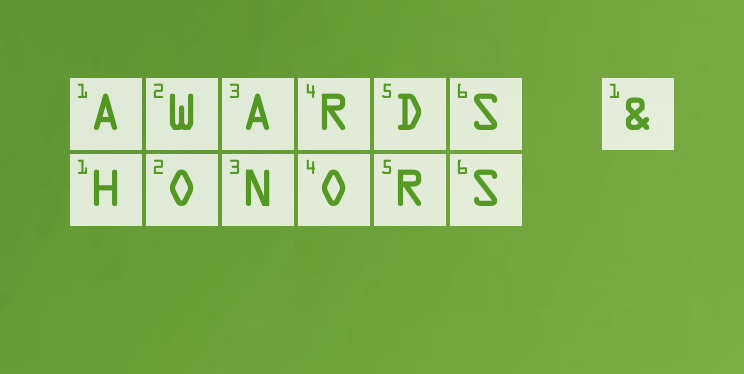The GDCh Division Environmental Chemistry & Ecotoxicology announces for the year 2023 the Paul Crutzen Award 2023 in recognition of an outstanding publication by young scientists in the field of environmental chemistry/ecotoxicology in a peer-reviewed scientific journal.
Deadline for nominations is April 30, 2023.
Since 2000, the GDCh Environmental Chemistry & Ecotoxicology Division has awarded a prize for an outstanding scientific publication by young scientists in the field of environmental chemistry and ecotoxicology. The prize was named in 2011 after Paul J. Crutzen, who was awarded the Nobel Prize in Chemistry in 1995 for his work on research into the hole in the ozone layer. The award is usually presented annually and comes with an award certificate, prize money of 1,000 euros and one year's free membership of the specialist group.
Objective
The Division of Environmental Chemistry & Ecotoxicology of the German Chemical Society (GDCh) usually awards the Paul-Crutzen Award once a year in recognition of an outstanding publication by young scientists in the field of environmental chemistry/ecotoxicology in a peer-reviewed scientific journal.
The price
The award includes a certificate of award, prize money of 1000 euros donated by the Division of Environmental Chemistry & Ecotoxicology and one-year free membership in the Division. The prize will be awarded as part of the "Environment 2023" Division conference conference, which is planned for autumn 2023 in Muttenz (Switzerland). After the award ceremony, the award-winning publication will be presented in a short presentation. The Division bears the costs of attending the conference. A committee appointed by the Board of the Division decides on the award of the prize.
Nomination/Application
Nominations can be made by the scientific supervisor, but applications are also possible. The person proposed or applying must be the first or main author of the publication and should preferably have a doctorate. The publication must have been published between 2021 and 2023 and no later than two years after completing the doctorate. A curriculum vitae (including contact details), a list of publications, the publication itself and - in the case of an application - a letter of support from the scientific supervisor must be attached to the informal proposal with a brief justification.
submission
Please send all documents summarized in one PDF file by e-mail to the GDCh Office , attention Maike Fries.
Céline Wittwer, SCS
08.12.22
